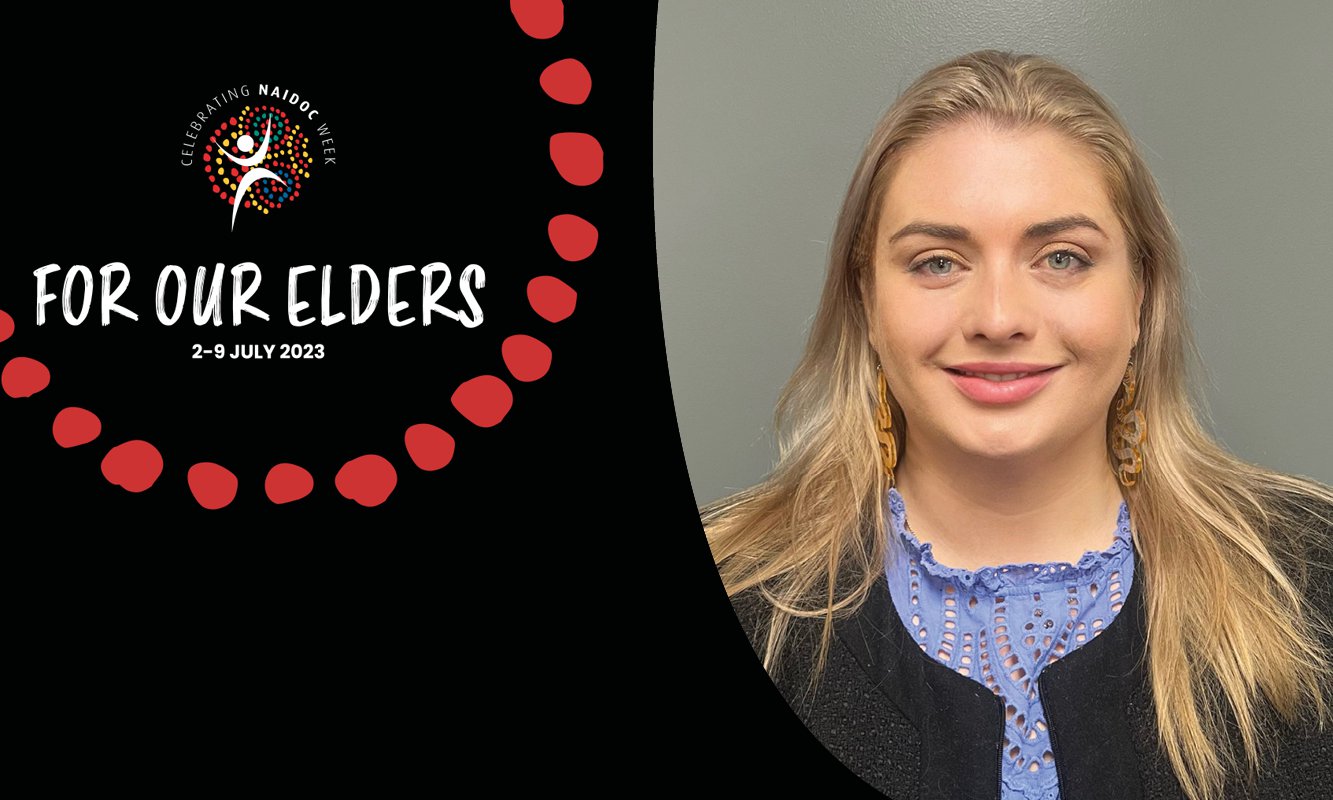NAIDOC Week is an annual celebration that recognises and appreciates the proud history, diverse cultures, and valuable contributions of Aboriginal and Torres Strait Islander people to the Australian community.
The NAIDOC Week 2023 theme, For Our Elders, holds special significance as it highlights the importance of valuing and safeguarding the wisdom, knowledge, and experiences of our First Nations elders as the community at large moves to take a really big step in our history.
As legal professionals, we have a unique responsibility in ensuring the protection of our elders’ rights and advocating for their well-being.
Let us explore how embracing this year’s theme can help us build a more equitable and inclusive legal system.
Recognising First Nation wisdom and cultural heritage
Indigenous elders hold a wealth of knowledge, cultural heritage, and traditional practices that have been passed down through generations for over 60,000 years. By acknowledging and respecting their wisdom, we can foster a deeper understanding of the complexities of Indigenous cultures and traditions. As lawyers, we should prioritise culturally responsive legal practices that integrate First Nations perspectives and uphold the rights of elders within the framework of both customary and contemporary law.
Supporting elders’ rights and well-being
Many elders face unique challenges, including social, economic, and healthcare disparities. As legal advocates, we must work tirelessly to address these issues, strive for equitable access to justice, and empower elders to exercise their rights. This includes tailored legal support, advocating for elder-friendly policies, and ensuring that legislative frameworks are culturally appropriate and inclusive. This in turn will benefit the entire Aboriginal and Torres Strait Islander community.
Promoting inter-generational knowledge transfer
The inter-generational transfer of knowledge is essential for the preservation and continuity of Aboriginal and Torres Strait Islander culture. By involving Indigenous elders and community leaders to participate in legal processes and policy-making, we enable them to share their wisdom, experiences, and perspectives. Collaborating with elders in community legal education initiatives, mentoring programs, and elder-led mediation processes can help bridge the gap between generations and promote culturally sensitive legal practices.
Strengthening Indigenous governance structures
Indigenous elders play a vital role in governance structures within their communities. Their guidance helps ensure culturally appropriate decision-making, conflict resolution, and community cohesion. As legal professionals, we can support efforts to strengthen these governance structures by working collaboratively with Aboriginal and Torres Strait Islander leaders and elders, respecting their authority, and advocating for their participation in decision-making processes at all levels.
Amplifying elders voices
NAIDOC Week presents a platform to amplify the voices of Aboriginal and Torres Strait Islander elders, creating opportunities for them to share their stories, experiences, and wisdom. As legal advocates, we have the responsibility to listen attentively to their perspectives, involve elders in policy discussions, and challenge discriminatory narratives that perpetuate stereotypes or marginalize Aboriginal and Torres Strait Islander communities. By elevating their voices, we promote a more inclusive and equitable society at large.
I hope the theme this year encourages us as legal professionals to reflect on the immeasurable contributions and inherent value of our First Nations elders. Through our commitment to the NAIDOC Week theme, we demonstrate our dedication to fostering stronger relationships, advocating for equitable outcomes, and creating lasting positive change for First Nations elders and their communities.
Kristen Hodge is a Wiradjuri woman from NSW, born and raised on the Galare (Lachlan) River in Forbes. She moved to Queensland to study at Griffith University and found work specialising in native title and cultural heritage issues over the last 16 years. Kristen currently works for Queensland South Native Title Services and her passion is focused around cultural heritage and self-determination. She also advocates for the advancement of Aboriginal and Torres Strait Islander students and professionals and has been a member of the Indigenous Lawyers Association of Queensland (ILAQ) since 2017, appointed President in March 2022. Kristen is also the co-chair of the Queensland Law Society (QLS) First Nations Policy Committee and volunteers her time advocating for changes to laws. She became a general member of the Management Committee for Bayside Community Legal Centre in October 2022 and is committed to ensuring community members have access to free and informed legal advice. Kristen is also the Company Secretary for the Indigenous Art Code starting in April 2023, assisting the board of directors who administer a voluntary industry Code of Conduct for Aboriginal and Torres Strait Islander artists.













Share this article